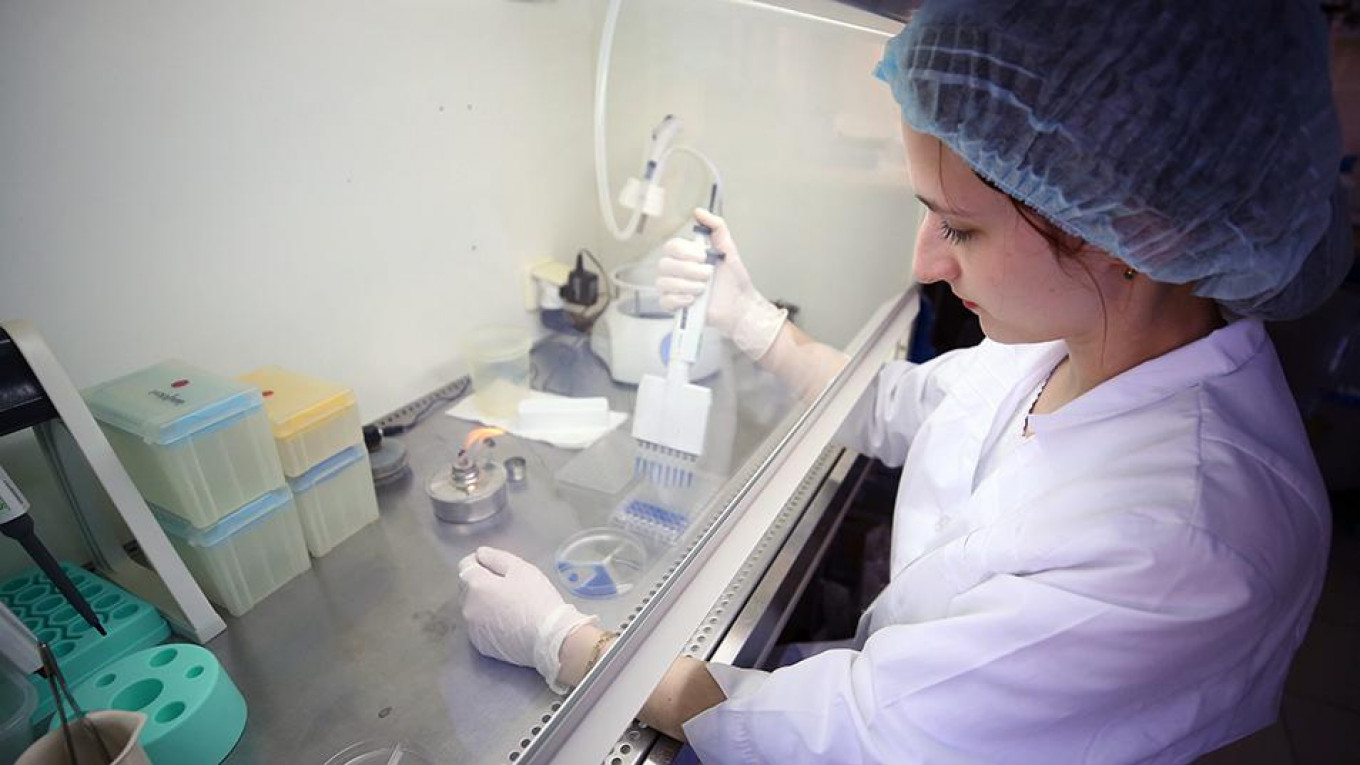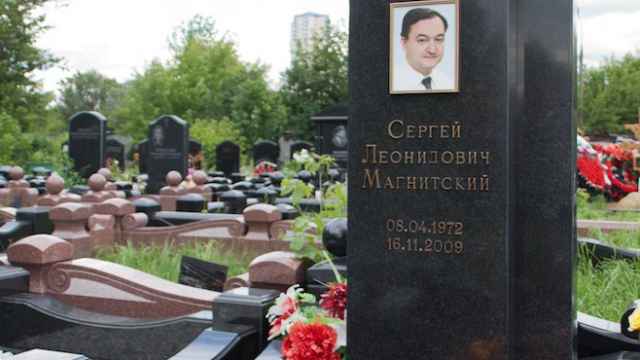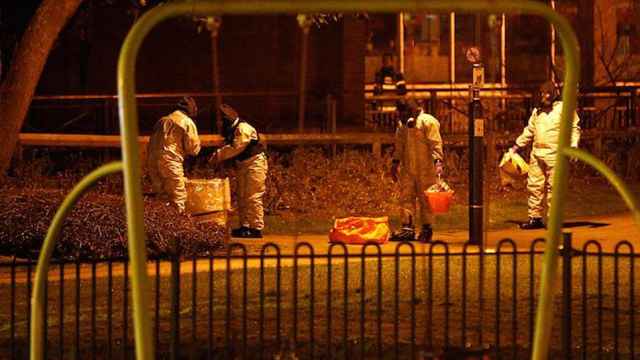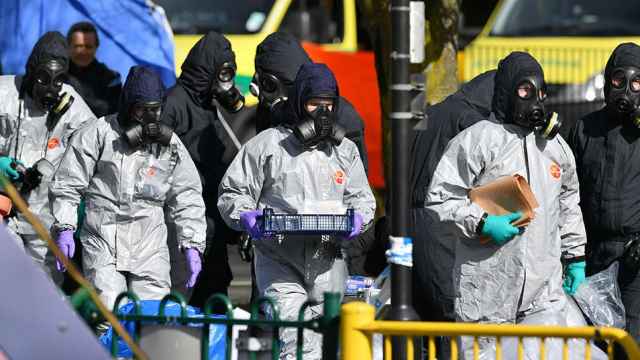A British scientist told an inquest into the sudden death in 2012 of Russian mafia whistleblower Alexander Perepilichny that no plant toxins had been found in his stomach.
Perepilichny, 44, was found dead near his luxury home on the exclusive gated St. George’s Hill estate in Weybridge, Surrey, southwest of London, after he had been out jogging in November 2012.
The sudden death of Perepilichny, who had sought refuge in Britain in 2009, and his role in helping a Swiss investigation into a Russian money-laundering scheme raised suggestions that he might have been murdered.
As the inquest resumed on Tuesday after a lengthy delay, Monique Simmonds, a scientist from the botanical Kew Gardens, was asked whether she had identified any plant toxins in the samples she had tested. She said she had not.
However she said other material was found in Perepilichny's stomach that had not been identified.
An earlier pre-inquest hearing had been told traces of a rare and deadly poison from the gelsemium plant had been found in his stomach.
A Message from The Moscow Times:
Dear readers,
We are facing unprecedented challenges. Russia's Prosecutor General's Office has designated The Moscow Times as an "undesirable" organization, criminalizing our work and putting our staff at risk of prosecution. This follows our earlier unjust labeling as a "foreign agent."
These actions are direct attempts to silence independent journalism in Russia. The authorities claim our work "discredits the decisions of the Russian leadership." We see things differently: we strive to provide accurate, unbiased reporting on Russia.
We, the journalists of The Moscow Times, refuse to be silenced. But to continue our work, we need your help.
Your support, no matter how small, makes a world of difference. If you can, please support us monthly starting from just $2. It's quick to set up, and every contribution makes a significant impact.
By supporting The Moscow Times, you're defending open, independent journalism in the face of repression. Thank you for standing with us.
Remind me later.






